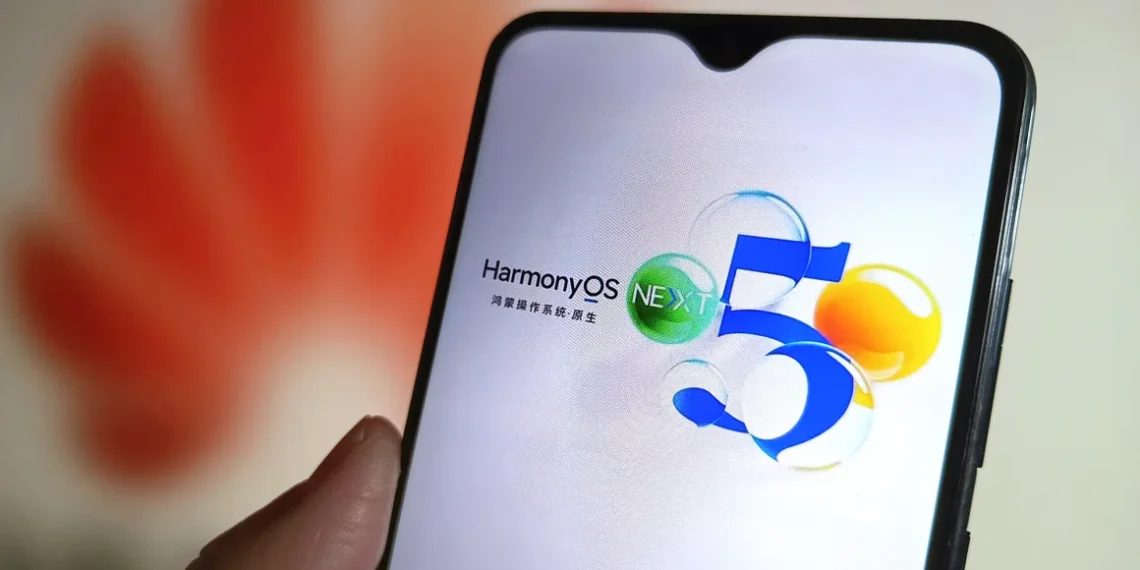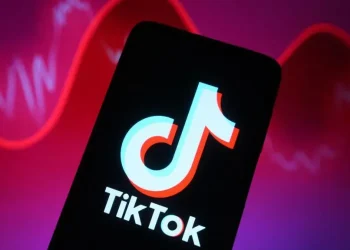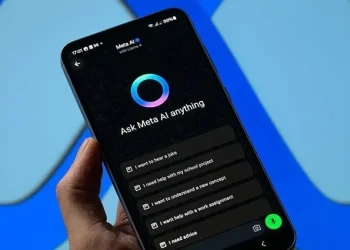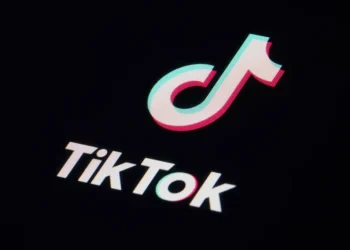Huawei Unveils Homegrown Smartphone to Challenge Apple and Android
Huawei has launched the Mate 70, a new flagship smartphone featuring HarmonyOS Next—a completely homegrown operating system that aims to compete with Apple’s iOS and Google’s Android. This marks a significant step for the Chinese tech giant as it continues to navigate U.S. sanctions that have restricted its access to foreign semiconductor technology.
A Shift to Independence
Starting at 5,499 yuan ($760), the Mate 70 is equipped with HarmonyOS Next, which no longer supports Android-based apps. Described as “pure-blooded” by Huawei, the operating system is built entirely by its engineers.
“This is our most powerful phone in the Mate series,” said Richard Yu, chairman of Huawei’s consumer business, at the launch event. He announced that beginning next year, all Huawei phones and tablets will run on their proprietary OS.
This transition away from Android underscores Huawei’s commitment to building an independent software ecosystem. According to Lucas Zhong, a research analyst at Canalys, this move will be crucial for sustaining Huawei’s presence in the premium smartphone market and attracting users who may consider switching platforms.
Rising From Setbacks
The Mate 70 follows the successful launch of the Mate 60 Pro in August 2023, which highlighted Huawei’s resilience amidst U.S. trade restrictions. The Mate 60 Pro demonstrated advanced chip technology, surprising industry experts and reigniting interest in Huawei’s premium devices.
Huawei’s comeback is reflected in its market share. In China, its share of smartphones priced over $600 jumped from 11% in Q3 2022 to 33% in the same period of 2023. Over the same time, Apple’s share dropped from 72% to 52%, according to Canalys data.
Breaking Ties with Android
HarmonyOS was first introduced in 2019 as a response to U.S. sanctions that prevented Huawei from using Google’s Android OS. Initially compatible with Android apps, the system has since evolved into a standalone platform.
Eric Xu, Huawei’s rotating chairman, stated earlier this year that the company’s goal is to build a global alternative to iOS and Android, starting with a strong foundation in China. The company is actively expanding its ecosystem by encouraging developers to create apps for HarmonyOS, aiming to achieve 100,000 applications within a year.
“HarmonyOS will become the world’s third mobile operating system alongside Apple’s iOS and Google’s Android,” Xu said, highlighting the importance of building a robust application ecosystem.
The Road Ahead
Huawei’s determination to develop a competitive ecosystem reflects its broader ambitions. Mengmeng Zhang, a senior analyst at Counterpoint Research, predicts the Mate 70 series will surpass 10 million shipments, though building a strong developer community will take time.
The Mate 70’s release underscores Huawei’s resilience and innovation in the face of geopolitical challenges. As the company continues to expand its ecosystem, it is positioning itself as a formidable competitor in the global smartphone market.
This article was rewritten by JournosNews.com based on verified reporting from trusted sources. The content has been independently reviewed, fact-checked, and edited for accuracy, neutrality, tone, and global readability in accordance with Google News and AdSense standards.
All opinions, quotes, or statements from contributors, experts, or sourced organizations do not necessarily reflect the views of JournosNews.com. JournosNews.com maintains full editorial independence from any external funders, sponsors, or organizations.
Stay informed with JournosNews.com — your trusted source for verified global reporting and in-depth analysis. Follow us on Google News, BlueSky, and X for real-time updates.













